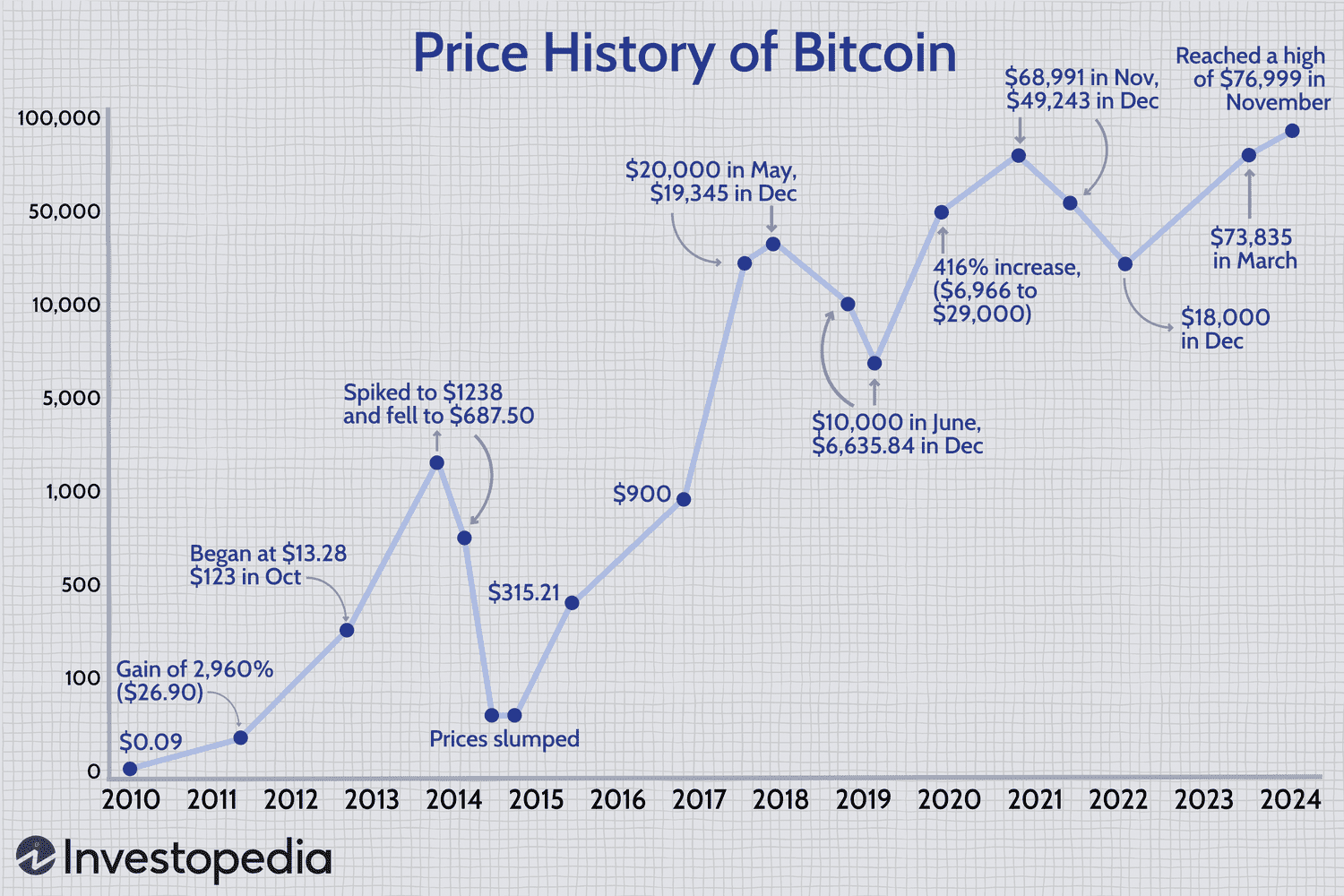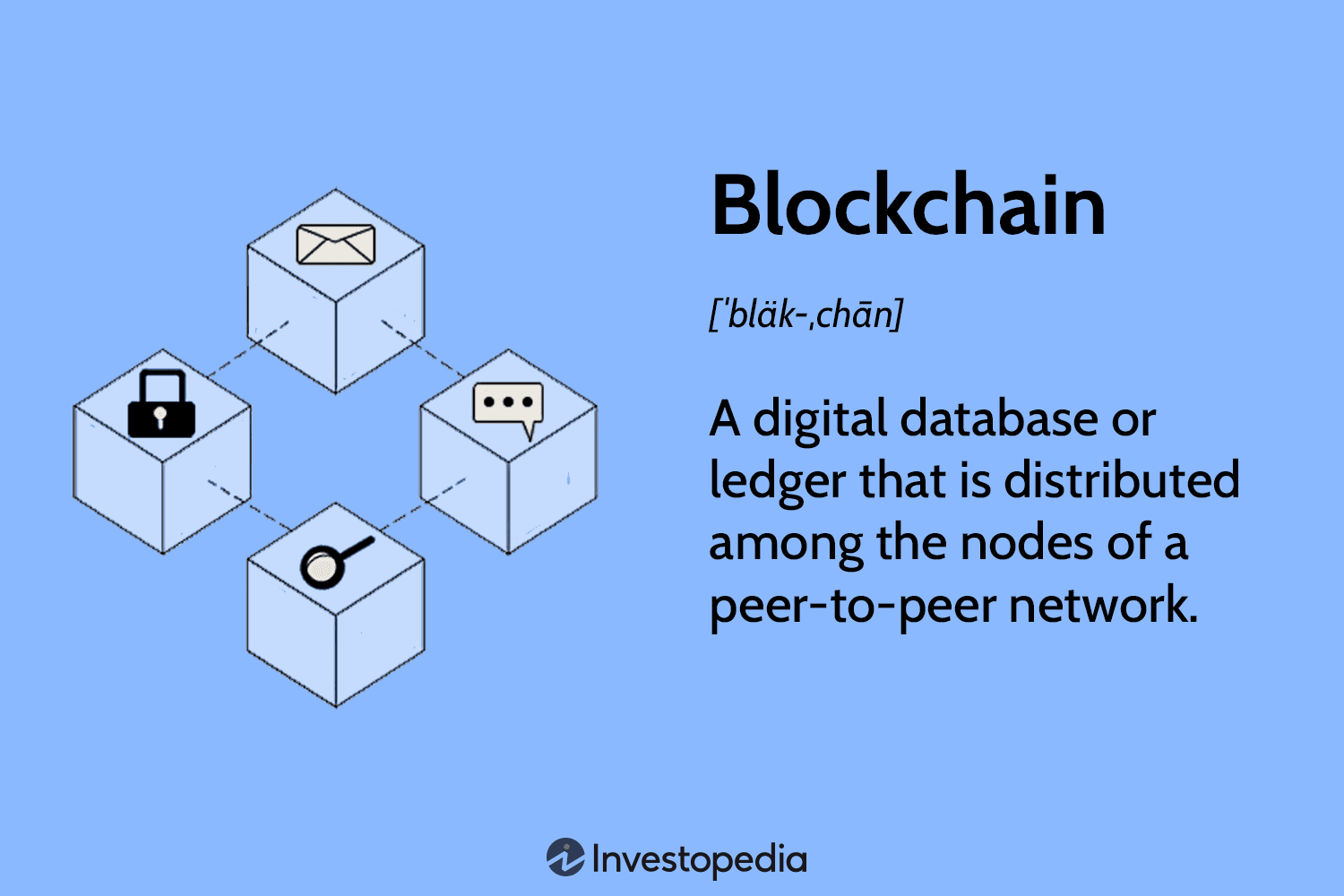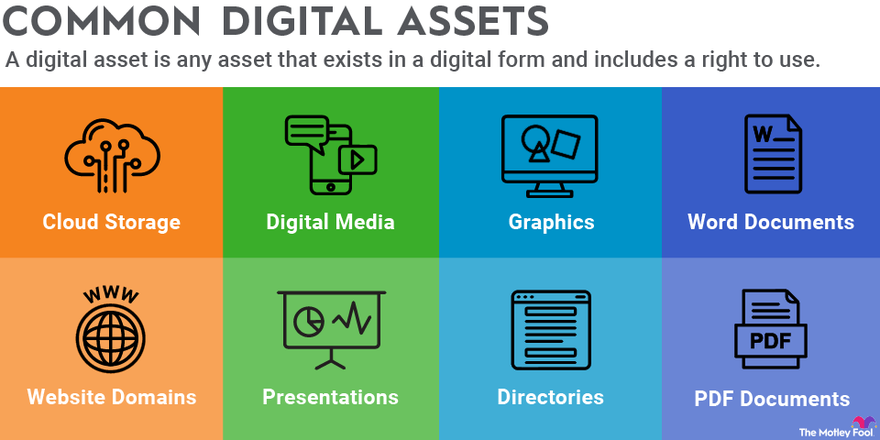Cryptocurrency Investment: Navigating the Digital Frontier
Introduction
The world of finance is constantly evolving, and few innovations have captured the attention of investors quite like cryptocurrencies. What began as a niche digital experiment has rapidly grown into a multi-trillion-dollar market, offering both unprecedented opportunities and unique challenges. For those looking to diversify their portfolios and explore the cutting edge of financial technology, understanding cryptocurrency investment is no longer optional. This article delves into the dynamic landscape of digital assets, exploring the fundamentals of cryptocurrency, the allure of Bitcoin, the underlying blockchain technology, and key considerations for investors venturing into this digital frontier.
What is Cryptocurrency?
At its core, a cryptocurrency is a digital or virtual currency that uses cryptography for security. Unlike traditional currencies issued by governments (fiat currencies), cryptocurrencies are decentralized, meaning they are not controlled by any single entity like a bank or government. This decentralization is made possible by a technology called blockchain, which is a distributed ledger technology that records all transactions across a network of computers. This ensures transparency, security, and immutability, as once a transaction is recorded on the blockchain, it cannot be altered.
There are thousands of different cryptocurrencies, each with its own unique features and use cases. Bitcoin (BTC), the first and most well-known cryptocurrency, was created in 2009 as a peer-to-peer electronic cash system. Ethereum (ETH), the second-largest cryptocurrency, introduced the concept of smart contracts, which are self-executing contracts with the terms of the agreement directly written into code. Other popular cryptocurrencies include Ripple (XRP), Cardano (ADA), and Solana (SOL), each offering different technological innovations and potential applications.
investimentodobrado
The Allure of Bitcoin: Digital Gold
Bitcoin, often referred to as 'digital gold,' holds a unique position in the cryptocurrency market. Its limited supply (capped at 21 million coins) and decentralized nature make it an attractive hedge against inflation and economic instability for many investors. Over the years, Bitcoin has demonstrated remarkable price appreciation, attracting both retail and institutional investors. Its journey has been marked by significant volatility, but also by periods of exponential growth, leading many to view it as a store of value and a long-term investment asset .
The narrative of Bitcoin as a safe haven asset has gained traction, particularly during times of geopolitical uncertainty or economic downturns. Its independence from traditional financial systems and government control appeals to those seeking an alternative to conventional investments. Furthermore, the increasing adoption of Bitcoin by major corporations and financial institutions, as well as the growing infrastructure for buying, selling, and holding Bitcoin, has contributed to its mainstream acceptance and liquidity. However, its price remains subject to market sentiment, regulatory news, and macroeconomic factors, requiring investors to exercise caution and conduct thorough research .
Blockchain Technology: The Foundation of Digital Assets
At the heart of every cryptocurrency lies blockchain technology. Blockchain is a distributed, immutable ledger that records transactions in a secure and transparent manner. Each ‘block’ in the chain contains a list of transactions, and once a block is completed, it is added to the chain, creating a permanent and unchangeable record. This decentralized and cryptographic nature makes blockchain highly resistant to tampering and fraud, providing a level of security and trust that is unparalleled in traditional financial systems .
investimentodobrado
Beyond cryptocurrencies, blockchain technology has a vast array of potential applications across various industries. In finance, it can streamline cross-border payments, reduce transaction costs, and enhance the efficiency of financial markets. In supply chain management, it can provide transparency and traceability of goods. In healthcare, it can secure patient records and facilitate data sharing. The disruptive potential of blockchain extends to areas like intellectual property rights, voting systems, and digital identity management, making it a foundational technology for the future of the digital economy. Investing in companies that are developing or leveraging blockchain technology, even if they are not directly cryptocurrency-related, can be a way to gain exposure to this transformative innovation .
Key Considerations for Cryptocurrency Investors
Investing in cryptocurrencies can be exciting, but it also comes with unique risks and considerations that investors must be aware of.
Volatility and Risk
Cryptocurrency markets are known for their extreme volatility. Prices can fluctuate dramatically within short periods, driven by market sentiment, regulatory news, technological developments, and macroeconomic factors. While this volatility can lead to significant gains, it also carries the risk of substantial losses. Investors should only invest what they can afford to lose and understand that past performance is not indicative of future results .
Regulatory Landscape
The regulatory environment for cryptocurrencies is still evolving globally. Different countries and jurisdictions have varying approaches to regulating digital assets, which can impact their legality, taxation, and overall market stability. Changes in regulations can have a significant impact on cryptocurrency prices and the broader market. Investors need to stay informed about regulatory developments in their region and globally .
Security and Custody
Unlike traditional assets held in banks, cryptocurrencies are stored in digital wallets, and their security is largely the responsibility of the investor. Losing private keys or falling victim to scams, hacks, or phishing attacks can result in irreversible loss of funds. It is crucial for investors to understand best practices for securing their digital assets, including using strong passwords, two-factor authentication, hardware wallets for cold storage, and being wary of suspicious links or offers .
investimentodobrado
Market Sentiment and News
Cryptocurrency prices are highly sensitive to news and market sentiment. Positive news, such as institutional adoption or technological upgrades, can drive prices up, while negative news, such as regulatory crackdowns or security breaches, can lead to sharp declines. Social media and online communities also play a significant role in shaping sentiment, making it essential for investors to critically evaluate information and avoid making impulsive decisions based on hype or fear.
Diversification
While the allure of high returns can be strong, it is generally advisable to diversify investments, even within the cryptocurrency space. Instead of putting all capital into a single cryptocurrency, consider spreading investments across different assets with varying risk profiles and use cases. This can help mitigate risks associated with the underperformance of any single asset and potentially capture growth from various segments of the digital asset market.
Visualizing Cryptocurrency Investment




investimentodobrado
Conclusion
Cryptocurrency investment represents a fascinating and potentially lucrative frontier in the financial world. While characterized by high volatility and evolving regulatory landscapes, the underlying blockchain technology offers transformative potential across numerous industries. For investors willing to navigate its complexities, understanding the fundamentals, staying informed about market developments, and prioritizing security are paramount. As digital assets continue to mature and gain broader acceptance, they are poised to play an increasingly significant role in diversified investment portfolios, offering a unique blend of innovation, growth potential, and a glimpse into the future of finance.
References
[1] Investopedia. (n.d.). Bitcoin Price History. https://www.investopedia.com/articles/forex/121815/bitcoin-price-history.asp
[2] Forbes. (n.d.). Crypto Investing—A New Investor’s Guide in June 2025. https://www.forbes.com/advisor/investing/cryptocurrency/how-to-invest-in-cryptocurrency/
[3] Investopedia. (n.d.). Blockchain Facts: What Is It, How It Works, and How It Can Be Used. https://www.investopedia.com/terms/b/blockchain.asp
[4] The Motley Fool. (n.d.). What Is Blockchain Technology?. https://www.fool.com/investing/stock-market/blockchain/
[5] Investopedia. (n.d.). Cryptocurrency Explained With Pros and Cons for Investment. https://www.investopedia.com/articles/investing/051716/bitcoin-what-it-how-it-works-and-what-it-means-you.asp
[6] CNBC. (n.d.). Invest In Cryptocurrency Responsibly With These 3 Steps. https://www.cnbc.com/select/how-to-invest-in-cryptocurrency/
[7] Investopedia. (n.d.). What are Digital Assets?.



.png)
.png)
0 Comentários